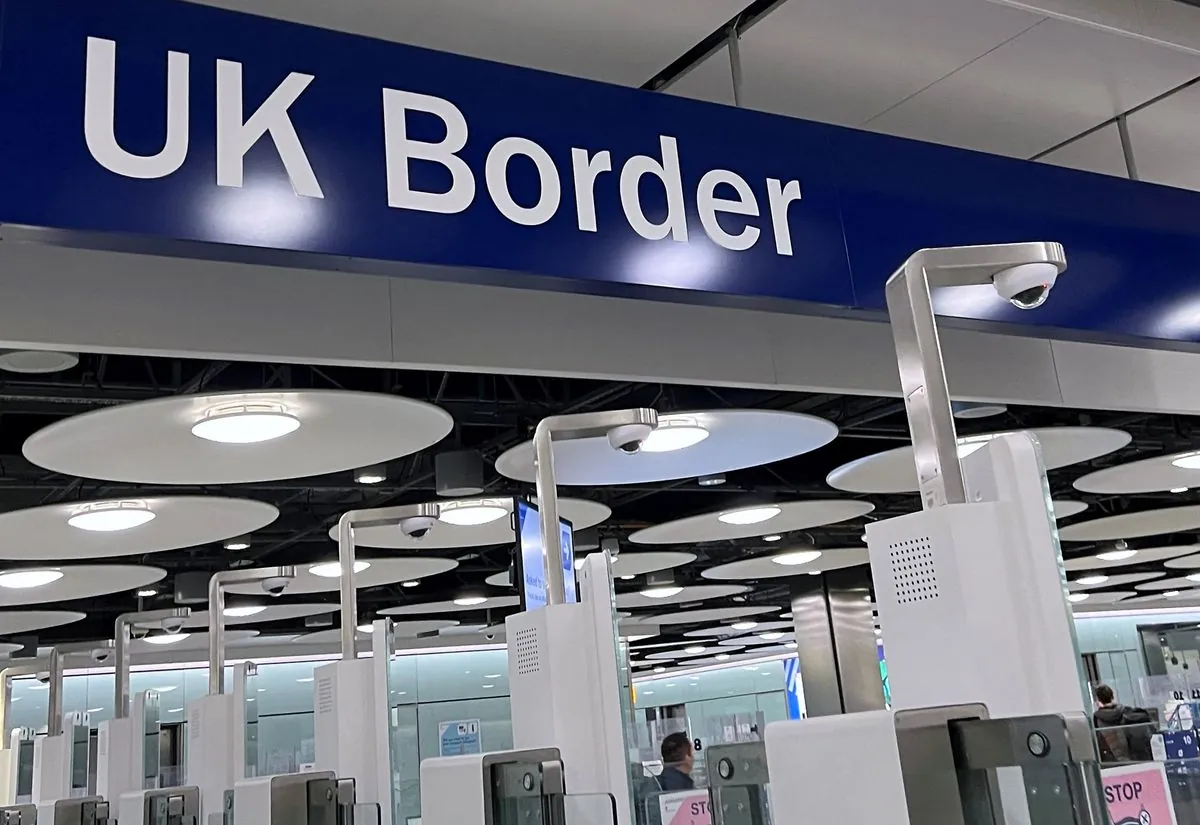UK's Migration Policies Diverge from European Trends Under Starmer
As European nations tighten migration policies, UK stands out with more liberal approach. Labour government faces challenges in addressing public concerns while maintaining humanitarian stance.

In recent developments, the United Kingdom's approach to migration under Keir Starmer's leadership has come under scrutiny, particularly in comparison to other European nations. This shift in focus comes amid tragic events in the English Channel, where 12 individuals lost their lives attempting to cross the waterway separating southern England from northern France.
The contrast between the UK's policies and those of its European counterparts has become increasingly apparent. Germany, for instance, is reportedly considering processing asylum seekers in Rwanda, a landlocked country in East Africa known for its mountainous terrain. This consideration mirrors a policy previously abandoned by the UK's Labour government upon taking office.

The political landscape in Germany has been significantly influenced by migration issues. Last month, a deadly attack in Solingen, allegedly perpetrated by a Syrian asylum seeker, contributed to the Alternative for Germany (AfD) becoming the first right-wing nationalist party to win a state election since 1945. The AfD, founded in 2013, has gained traction partly due to its stance on immigration.
In response to these developments, Olaf Scholz's government has accelerated deportation processes. The migration debate in Germany remains highly charged, with some attributing the rise of the AfD to Angela Merkel's decision to admit over a million Syrian migrants in 2015.
"The discussion is about processing asylum applications in third countries under international humanitarian law and with the support of the United Nations."
Across Europe, a trend towards stricter migration policies is emerging. In France, Michel Barnier, Emmanuel Macron's choice for Prime Minister, is known for his hardline stance on immigration. Italy's Giorgia Meloni, the country's first female Prime Minister, has reached an agreement with Albania regarding migration management. Denmark is also considering sending migrants to Rwanda, while Sweden, historically known for its liberal immigration policies, is experiencing a net outflow of migrants this year.
The United Kingdom, under Starmer's leadership, appears to be diverging from this European trend. The Labour government, led by a human rights lawyer, maintains a more liberal approach to migration. This stance is increasingly at odds with both European policies and British public opinion.
As the UK grapples with these challenges, the government faces the complex task of addressing migration issues while adhering to its principles. The recent riots in Britain, which occurred in the summer of 2024, highlight the tensions surrounding this topic. However, finding a long-term solution to migration concerns may prove more challenging, especially if third-country processing options like Rwanda are excluded.
The coming years, including potential federal elections in Germany next year, may further shape the European landscape on migration policies. As the situation evolves, the UK's position as an outlier in this regard may become more pronounced, presenting ongoing challenges for Starmer's government in balancing humanitarian concerns with public sentiment and international trends.


































